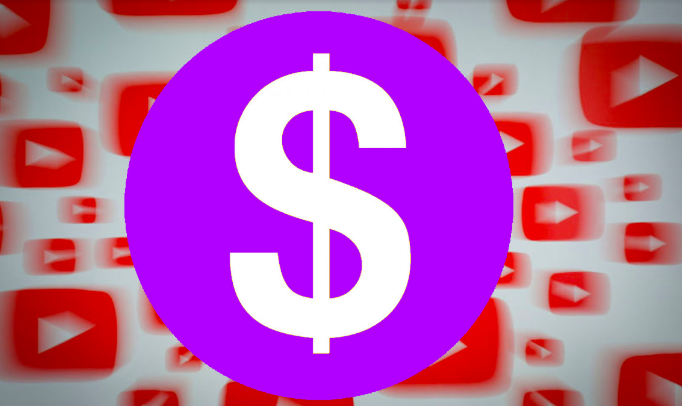The Revival of COPPA: FCC vs. YouTubers, Who Will Win?
January 6, 2020
As a YouTuber, I’ve had my fair share of opinions with how general practices of content creation have been either privately regulated by YouTube or federally regulated by international/national governments. I’ve had my opinions on SOPA, the several “Ad-pocalypses” on YouTube (periods of either advertiser boycotts or mass demonetization), and the numerous scandals on YouTube (*cough cough* Elsagate *cough cough*). Even though I have been one of the lucky few to be unaffected by any of it (I do not monetize my videos, and don’t really care about copyright claims all that much), I still hold a fairly negative opinion in regard to many of them. Now, just as we’re recovering from fraudulent “kids’ content,” the FCC is now taking action and is, what many YouTubers deem, an unfair approach that could affect many YouTubers.
The FCC is aiming to revive a late 90s act called COPPA, or the Children’s Online Privacy and Protection Act, invented during the recent growth of the ever-popular “internet” and “world-wide-web.” It was originally intended to protect kids (individuals under 13) from the grasp of private info collectors on the web; now you might recognize them as trackers, and site elements that attempt to grab your location, name, address, etc. Lawmakers, in light of those same scandalous “children’s content” events, are hoping that a revival of this act would fix it. However, the interpretation provided within FCC documents is extremely outdated, generic, and imprecise; considering how media and entertainment has evolved with its audiences and demographics, I, for one, believe a change is necessary.
For one, what COPPA defines as content that is “for kids” is 90s-era terms. As with anything, media and cartoons have evolved, and many 90s stereotypes simply vanished. For one, terms such as “duh,” “whatever,” and “cool” are defined as presentations of subject matter that would appeal to children. Although I am not one of them, there are still certainly teenagers who say “duh,” “whatever,” and “cool.” The vagueness of this presentation is what is also killing me. To clarify, the subject matter within this has clearly evolved beyond belief, as cartoons and animations have evolved to the appeal of adults beyond kids. While the FTC claims that they will not “witch hunt” any YouTube videos, this vague description could allow some lawmakers to bend it as needed.
Not to mention, this law affects kids’ channels the most, especially content creators who make content for kids (Ryan’s Toy Reviews, DanTDM, Denis, etc.). When a video is deemed as “For Kids,” the video will lose 90% of its potential revenue, have no notifications, no comments, no searchability, and no suggestions/recommendations. The video is beaten down to a low level and is not beneficial to the user at all.
This is extremely scary, and I really hope that this is not going to be the apocalypse of YouTube. If this 2020 movement will surely bring about the doom that many people fear it brings, then we might witness the destruction of a piece of key internet history.
